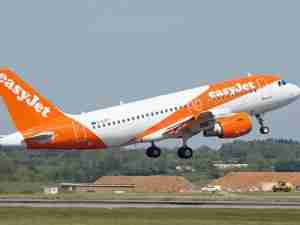House panel approves plan to privatize air traffic control
By: Reuters | Feb 16 2016 at 05:24 PM | Air Cargo
A Republican-controlled U.S. House of Representatives panel approved legislation to privatize the U.S. air traffic control system as part of a six-year bill to authorize funding for the Federal Aviation Administration.
Democrats failed in their attempt to amend the legislation to retain the flight service as part of the FAA.
By a 32-26 vote along party lines, the House Transportation and Infrastructure Committee sent the measure to the floor for consideration by the full House.
Republicans, including committee Chairman Bill Shuster of Pennsylvania, say air traffic control must be transferred to the private sector to protect the system from deficit reductions and government shutdowns and to ensure timely upgrade of decades-old technology.
"Our proposal ensures that the air traffic organization can operate as a high-tech service provider, not as a huge bumbling bureaucracy," Shuster said at a hearing to mark up the legislation for full House consideration.
The failed Democratic amendment to keep air traffic control within the FAA would have made FAA funding mandatory, protecting it from political squabbles over the budget. It would also have required reforms to ensure adequate controller staffing and the more efficient FAA adoption of new technology.
"The only guarantee with privatization is years of transition costs and litigation," said Representative Peter DaFazio, the top Democrat on the committee, who had introduced the amendment. "Regrettably, including this controversial proposal in this legislation is likely to hold up enactment of the rest of the bill."
The committee also rejected a proposed Democratic amendment that would have lifted existing restrictions on the ability of the U.S. Transportation Department to regulate air shipments of lithium batteries, seen by safety experts as dangerous fire hazards when transported as cargo.
Over the objections of Democrats, the panel approved a measure directing the FAA to authorize package delivery by commercial drones within a year and to establish a pilot program for testing a traffic management system for unmanned aircraft. The FAA expects to issue commercial drone regulations late this summer, but drone advocates fear the rules will not accommodate sophisticated technologies needed for package delivery.
Also accepted was a Republican amendment to encourage Uber-style flight sharing by allowing private pilots to use the Internet to find multiple passengers willing to share flight expenses.










